Where Every Scroll is a New Adventure
Environmentalism - Blog Posts
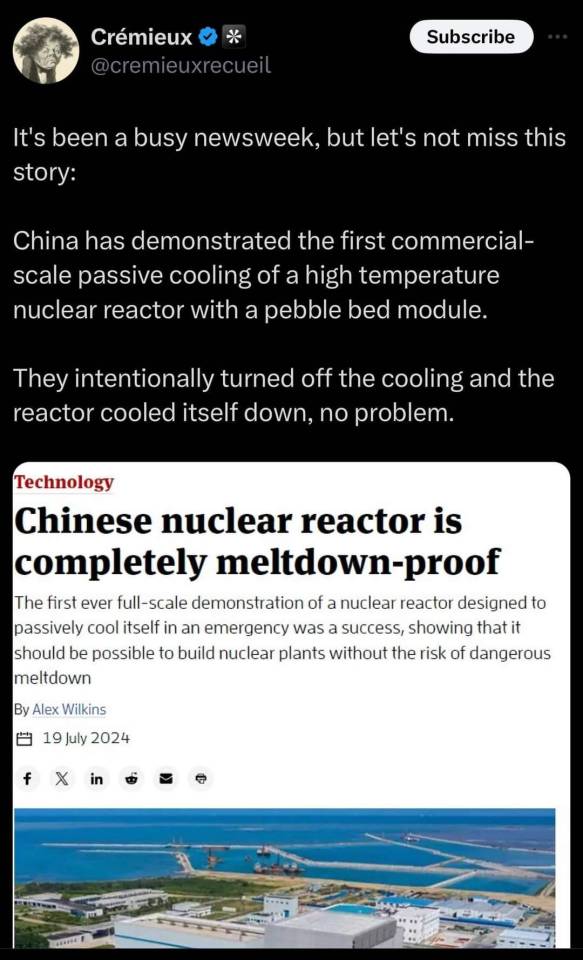
I've recently been seeing this article making rounds around this website and particularly people misusing this very cool advancement to imply that modern nuclear reactors are "unsafe" or "dangerous", which is partially due to the just blatantly bad journalism on display here.
The accomplishment of this new reactor is definitely exceptionally impressive but I think that news websites (Even ones specializing in science) have been mischaracterizing the reactor as "meltdown-proof" which is just - wrong? and implies that current reactors are just begging to meltdown.
The cool thing about this new reactor is that its passively cooled, but that doesn't mean its INVULNERABLE to nuclear meltdowns, for example the Chernobyl meltdown happened completely independently of whether it was cooled passively or not.
In fact, passive cooling would only pose an advantage in situations where ALL pumps and backup pumps break and the core doesn't get coolant pumped to it. That's happened exactly once: in Fukushima and only after a literal tsunami hit it, and there's no reason to think that the passive Helium coolant in this new reactor wouldn't also just break. Fukushima happened because of corruption in regulation, preventing suitable defenses against this exact thing from getting built, not because of unsafe reactor design.
There's also some articles like this one which talk about the new reactor being "self-regulating" which is true, but misses the point that the vast majority of nuclear reactors in service today are also stable in the exact same way. Negative feedback loops are a HUGE part of reactor design, the most popular reactor design today is the Pressurised Water Reactor (PWR) which is incredibly stable - PWRs just truly hate increasing (or decreasing) energy output.
Most nuclear reactors today are already incredibly safe, even if you had complete control over a nuclear reactor it would be effectively impossible to cause a meltdown on purpose - both the physics of the system and the thousands of automated components would beat the ever loving shit out of any hope of trying to do so.
Articles like these just turn this impressive achievements into a kind of fearmongering over the "dangerous" nuclear reactors currently being used. The fact is that nuclear reactors are incredibly safe, PWRs are an incredible feat of engineering genius and its a genuine shame that the general public isn't aware of how much care goes into their design and safety, let alone how useful and essential they are in our electrical systems.
Modern nuclear reactors are clean, they are safe, and they are vital to a healthy energy grid in the post-fossil-fuel future.
A really good read I highly recommend is Colin Tucker's How To Drive A Nuclear Reactor. He's very clear and very frank with the workings and reality of nuclear power today.
https://www.instagram.com/p/C_vgTDmPDwS/?igsh=MXg5eml2cWNma3VoNg==

Via @/j.anthony.depice on Instagram
Belkis, the mother of Tortuguita, is honoring her child that was murdered by police last year by building a mental health sanctuary. She needs funds for construction and land.
You can donate here



Source
Waking up everyday to learn that, yes, things did get worse
You must believe that the world is going to change. You must believe that you can change it. Not alone, like some ruggedly individualist caped superhero, but as part of a mass movement, a superorganism, a shared heart, a moment of unity. You must trust that your actions matter, even when they don’t. You must remember that even if going to a protest or opening your doors to the desperate or giving up hyperpconsumption cannot alter the wider societal patterns if only you undertake to do so, that you are just one drop of water in an ocean. And it will change you. That is often the first step. You must believe that one day all the fossils will stay in the ground. You must believe that one day war will be a distant memory. You must believe that one day women will dance in the streets at night unafraid. You must believe that one day land will belong to everyone and queer liberation will be achieved. You must believe it. Even if your great-grandchildren do not live to see it done. Prefiguration is praxis. It’s therapy. It’s all we have.

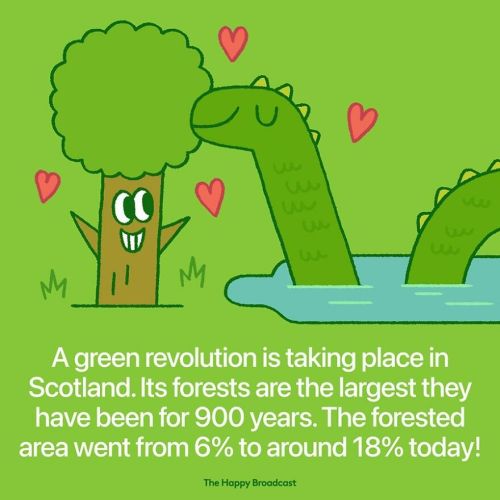
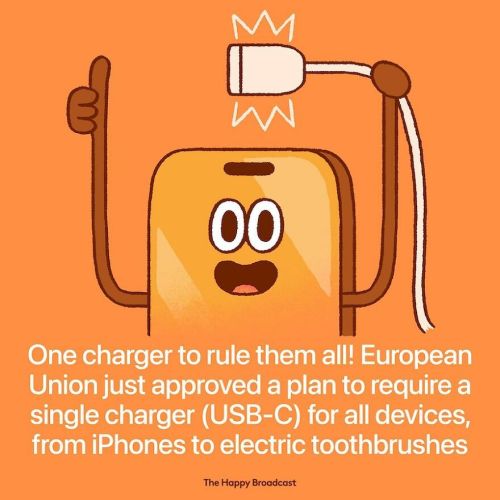
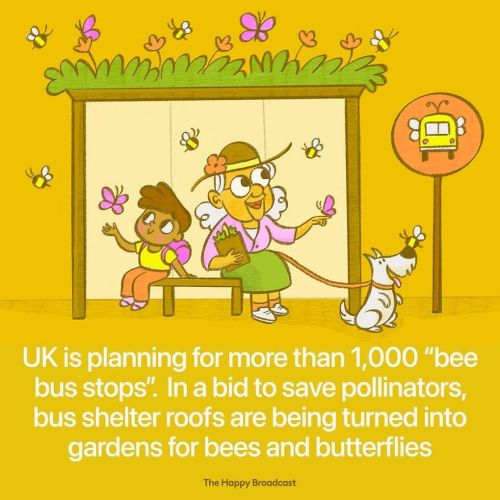
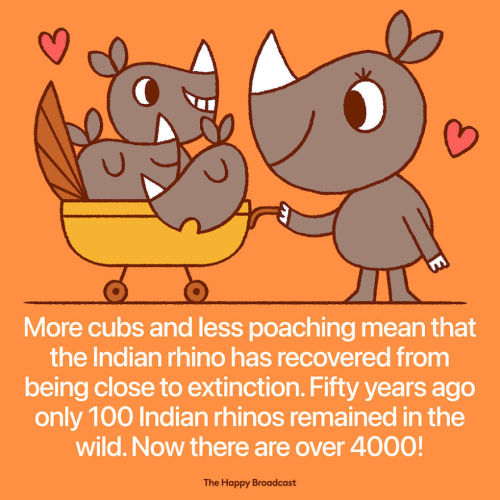

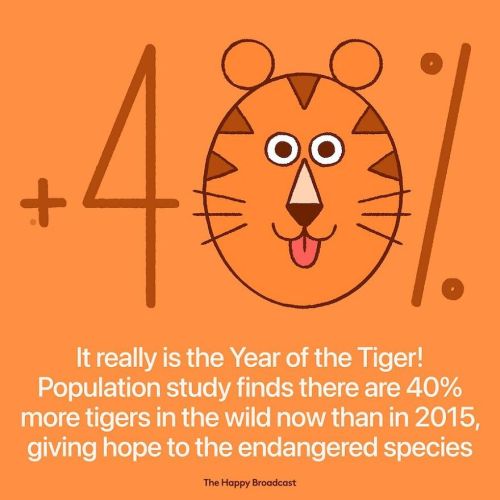
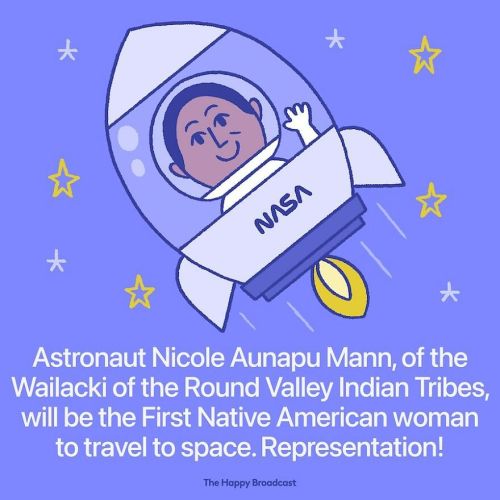
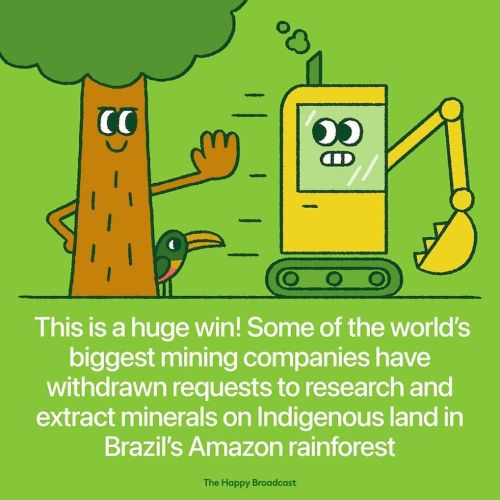
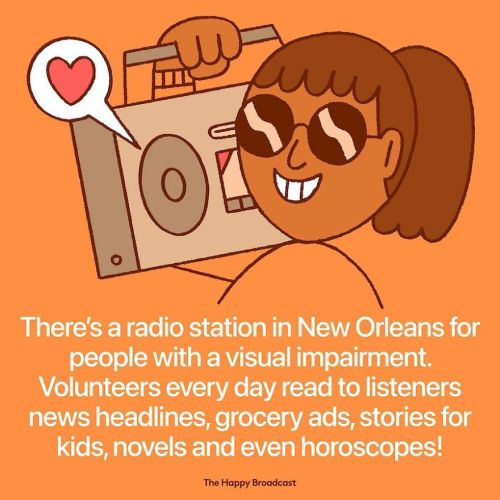









Tons more at the source!
i get people telling me im a nihilist sometimes but im really not. i just dont shy away from talking about the “negative” parts of life because i think its an important step towards change.
i dont think we are doomed, nor do i think nothing matters. im angry. im upset. and i want change. theres a difference.
i think its dangerous to loop all angry people into nihilism.
i have such beef with ethical and eco-friendly companies. WHERE IS THE COLOUR 😭😭 why does being eco mean it all has to be beige???? make it fun please i beg i dont want to be beige.
im seeing sooo much misdirected anger and blame in all kinds of communities and im just rahhh its so sad and frustrating because i just want to scream that theyre angry at the wrong people
being a disabled environmentalist is hard.
i care so much and i wish i could aim for things like zero waste. but i just cant, doing something like that would be ignoring my health needs.
its quite isolating, because i try to find tips and environmental swaps but often they just arent possible for me to use/do and then i feel guilty for that.
even though i know its not my fault and i cant help it, it just triggers my inner ableism and i blame myself for being this way.
i hate greenwashing fucking hellll
Here's some good news for Christmas ❤️



















Tons more at the source!






My first love was a Kentucky sunset <3
(All my own pics)
☀️🌸⛰️
SCREW BIG AGRICULTURE
I fully believe everyone needs to be aware of this, it’s not common knowledge but it’s important.
Running a farm is HARD, and I know not everyone is capable of it, but you can still be supporting small farms especially now, when big agriculture is trying to get control of all of our food supply, which is BAD.
Farmers used to be able to reuse seed year after year, the benefits of this include saving money and it’s not genetically modified and the food is completely fine. However, this is not longer viable because now the new law is that you have to go and buy gmo seeds year after year and plant those and if you don’t do that, an inspector will go around and check and if you don’t have those seeds they will literally sue you and your farm. This makes NO sense. That is also why there’s this huge push right now for going vegan, specifically with soybeans, although your body struggles to break down the ingredients in those foods.
None of this is natural and it’s becoming a huge issue because looking at the food supply you’ll notice that it’s extremely expensive to get anything organic when it literally comes out of the dirt and everything is just becoming more and more genetically modified and we NEED now more than ever to start supporting small farms and co ops and places where it’s accessible to get actually good food because that round up and the gmo processed foods it just stays in your body and it’s not good for us.
Please share, it’s important to bring awareness to the recent laws and how they’re changing and how paying attention to them now can benefit us in the future.
Interested in looking for more mutuals :)
Please interact/reblog if you’re interested in any tags below!
To associate religions/mythology which have nothing to do with Christianity with it is close minded and will only prevent you from truly learning about said religion/mythology.
There does not always have to be an equivalent to a singular god, a hell or heaven concept, or Bible. Do not let Christianity replace and infiltrate your own personal spirituality.
It is important to discover your own spirituality, path and religion for yourself in the way(s) that work and resonate with you, not the way(s) that you have been told are right. It is important to ask yourself “why do I pray?”, “what does this mean to me?” If you do not know the purpose of your own spirituality and beliefs, are they truly meaningful? Or are you going off of what you think is correct based on what others are doing? It is important to truly find yourself in order to find happiness and your connection with and to this world outside of popular culture and what everyone else is doing.
The modern world is greedy, never satisfied and more harmful than helpful to spirituality and a person’s connection to the world around them and Mother Earth than it is helpful. The average person in average society is not connected to themselves or to nature, they are connected to the Christian church which is only thinly veiled as not being connected to the state (it is). It is important to separate yourself from the values of modern society, from the virus that has been Christianity in suffocating any values that do not align with their own. I admit to still finding my way myself some days, but to never stop committing myself to learning, loyalty and honesty with myself and with others.  Values which become increasingly rare.
It is not worth a “higher quality of living” and we do not deserve it.

Noam Chomsky & Robert Pollin | Climate Crisis and the Global Green New Deal
Between 1650 and 1900, the global population went up by a billion. Between 1900 and 1950, that number went up another billion. And from 2010 up to today, yet another billion. As many people were born in fifty years as they were in 400. Today, as many people have been born in nine years as in fifty.
The more people there are in an area, the more resources are needed to sustain them. In one town, there must be enough water, food, and other energy sources to allow everyone to live comfortably. If there are not enough resources for everyone in that town, the town cannot sustain all its inhabitants. This has consequences for the environment. To try and meet everyone’s needs, the town will take more and more from the land - more water from the rivers, more timber from the forest, more animals and plants for food. If these resources are taken at a faster rate than they can be replenished, the environment suffers. This happening world-wide. The higher the global population, the harder it is to sustain life on earth. Habitat destruction and deforestation are occurring at higher and higher rates to make room for farms, roads, and houses. Encroachment on an ecosystem harms the plants and animals that call it home. And the waste expelled by these actions pollute rivers and the atmosphere.
We must fulfill the three laws of sustainability. Say them with me now: reduce, reuse, recycle.
Who should worry most about climate change?
a) Poor people. They’re the most vulnerable to the harmful effects of climate change, including natural disasters and disease. Some people benefit from practices that exacerbate climate change - if those people were at risk, they’d be actively fighting those practices. My teacher drew a diagram on the board; poor people live in one area and rich people live in the other. If the rich people want to build a big yucky factory, they’ll build it where the poor people live, because they don’t have any money for lawyers. This is the way it’s been all over the world.
b) People who live by the sea. Rising sea levels, flooding, and storms won’t treat those places will. A lot of property will be damaged, people displaced, and coastal cities could be underwater before the century is out. Boston is my home. I don’t want my people or my family to be uprooted by water. I don’t want the history, art, and architecture of my city to go underwater - it’s too beautiful for that.
The 49th Earth Day is today! This year’s theme is Protect Our Species, so here’s an essay about 3 of the most endangered species in the world.
#1: Pangolins These little guys are the best. They eat insects with tongues longer than their bodies, and roll up into little scaly balls when afraid. In Malay, the word ‘penggulung’ fittingly means ‘one that rolls up’. There are 8 different species of pangolin; four are native to east Asia, and four to Africa. Every species is labeled either ‘vulnerable’ or ‘endangered’. In Africa, pangolin scales are used to attract potential lovers, and as medicine in China and other parts of Asia. The meat is considered a delicacy. These beliefs have created a vast illicit trade network of pangolin parts; the creatures themselves are being captured, killed, and cooked almost to extinction. Mother pangolins wrap themselves around their babies to protect them. But greater steps must be taken to save these mammals.
#2: Coral Reefs Not gonna lie: for the longest time, I thought coral reefs were big rocks at the bottom of the ocean, with maybe a few plants here and there. Turns out, corals, ancient organisms that are related to sea anemones, are a vital part of our oceans. An individual coral is called a pylop. A pylop will grow a calcium-based exoskeleton; when a colony of thousands of pylops do this together, it forms a coral reef. Coral reefs exist all over the world, and are home to thousands of underwater species. Fish, algae, plants and invertebrates all feed and shelter on reefs. They protect coastlines and contribute billions to ecotourism and fishing industries. But these homes are dying out. As the earth warms, so do the oceans. Changes in temperature and pH levels kill pylop by the thousands, leaving entire ecosystems bleached and dead. This leaves millions of other organisms homeless and with little food. Without coral reefs, the oceans would never be the same. And since 75% of the earth is covered in water, I think we should be worried about that.
#3: Bees Can’t really emphasize this enough guys: we need bees to live. These insects live all over the world in diverse climates, from African deserts to the Arctic Circle, but their hives and habitats are under attack. Bees pollinate plants, which helps them grow. Pollinated plants go on to produce food, medicine, and other natural wonders we use everyday. And we’re not the only ones; birds, bears, and dozens of other species rely on the bees’ work. Our use of pesticides make bees and other creatures sick. Invading bees’ habitats leave less space for hives and less plants for them to pollinate. Climate change is, as always, a threat. Without bees, there would be no us. Let’s freaking save the bees y’all.
What you can do:
Reach out to organizations working to protect these species. Donate, volunteer, or simply read up!
Make sure to buy produce that wasn’t grown with pesticides.
Plant some flowers… Adopt a hive…
Reduce your carbon footprint: save the ozone and the reefs!
Always practice the rules of sustainably: reduce, reuse, recycle.
Thanks for reading, everybody. Happy Earth Day!
Small Steps #3: Tea Edition
Here’s a few extra tips for your morning routine, if you’re a tea-drinking environmentalist like me:
Use a ceramic mug rather than a paper or styrofoam cup.
Rinse and reuse mugs, rather than sending them right to the dishwasher
Try to use tea bags that aren’t attached to string and paper. A little less material going into the trash.
Compost tea bags after use (not the string and paper - cut those off). Ripping the bag helps the decomposition process.
I’ve said it before and I’ll say it again: the smallest habits build a greater impact than we think. If we keep at them day after day, it adds up, the same way a short drive to the supermarket contributes to the amount of greenhouse gases in our atmosphere.
Some people look down on the environmentally friendly actions we can take, especially when they appear too small to matter. “You just want to feel like you’re doing something” - but I am. We tend to discredit small acts of conservation, because they don’t seem to make a dent. But such an assumption is dangerously arrogant. Each of us can do something, and we must.
What I want in 2019 - a prevention plan for climate change. preferably involving lots of solar panels and immigrant employees. - an end to world hunger. preferably involving sustainable agriculture and lots of international aid. - for everyone to have access to clean water. See my ‘World Water Day’ post for details.
And hey, @ my classmates - stop using ‘gay’ as an insult. It ain’t cute.
ooh, y’know what would be even better!? Let’s have everyone stop saying “he or she” or “his or hers” to refer to someone who’s gender we don’t know. Doesn’t matter the context - its unnecessary and cis-normative and hard on the tongue. If you wanna be fancy and impress your friends, try saying “guys, gals, and non-binary pals,” (as coined by Thomas Sanders). Or just use “they”. “They” is fine, guys.
Thank you for coming to my TED talk.
World Water Day is celebrated internationally on March 22. Declared by the UN 25 years ago, this day annually focuses on our most important resource: water. But damaged ecosystems, water pollution, and climate change are hurting the supply. The 2018 theme for World Water Day is how we can use natural solutions to solve modern-day challenges. Replanting forests and protecting water-based ecosystems will balance the water cycle. Recycling and reusing wastewater can provide energy and water to urban areas. Solutions are everywhere, and its time we started looking for them.
We use water in our homes to drink, cook, and clean with. But 95% of water is used outside the home, for agriculture, industry, and textiles. The rising population in our developing world requires more water than ever. In a decade, we might need twice as much water as Earth can supply.
In places like Cape Town, South Africa, droughts are breaking records held for over a century. The city awaits “Day Zero,” when, likely this summer, it will shut off it’s taps. My youth choir has the chance to travel on international goodwill tours every other summer. Last August, we traveled to South Africa, spending two out of our three weeks in Cape Town. The drought had been going on for years at that point; shower times were limited to two minutes, and every public building we performed in had signs reminding us to conserve water. When “Day Zero” comes, Cape Town’s schools, libraries, and homes won’t have running water. Until it rains, residents will have to get their water by other means. I don’t want to think about such a catastrophe happening here in Boston.
So what can you do? Water woes are endless, and go way beyond a few plastic bottles. But here’s some small steps (shameless plug lol) to help you conserve our most important resource.
Buy less. As goods travel around the world, so does the water that made them (metaphorically, of course). Buying one less shirt or cooking pot can save up to 700 gallons on another continent. By changing your habits, you can have a global impact.
Flip the Switch. Water is used to prepare coal, extract oil, and build solar panels. The energy that lights your homes is the top user of water, after agriculture. So conserving electricity is a double pat-on-the-back for you.
Go (Part-time) Vegetarian. A single burger uses up to 600 gallons of water. Taking meat off the menu one or two days a week will cut down on your water footprint (so to speak). So if you’ve grown up in an Italian household like mine where vegetarianism will get you disowned, no problem: a part-time no-meat diet will do.
& Now the Basics… Turn off the faucet overtime you brush. I know you’ve heard it before, but you can save up to 4 gallons every time you brush. Thats almost 3,000 gallons a year.
Today, over 2 billion people are living without clean drinking water at home, and over half of them draw from contaminated sources. 663 million people spend countless hours each day trekking and queuing to distant sources, effecting their health and education. Since our actions have a direct impact on the global supply, celebrate your World Water Day by spreading the word about these issues and the many ways to solve them.
Small Steps #2: Hygiene Edition
Turn off the water while brushing your teeth.
Use a washcloth for washing your face, rather than running the faucet.
In the shower, turn the water off while you wash yourself. Lather, then rinse at the end - more water saved in a shorter amount of bath time.
Rinse, lather, rinse, and you’re done. Little habits aren’t so hard to break, or make; just keep these details in your head, and you’ll remember more and more often when the time comes. That bit of extra effort will be good for your water bill and the environment. The effect of your actions isn’t as small as you think, so let’s make sure it’s a good one.
Welcome back - hope you had a happy January 1st! Everyone has been talking about their hopes for 2018. I’ve heard themes of unity, peace, and working towards a better future. I’m happy that everyone is talking about about a better new year, but I’ve been thinking about something else.
Climate change is an issue that is more important than ever. To kick off the new year, I wanted to take us on a short, much-needed tour of what it is and what could happen. Hope this answers some questions~
True or False: Climate change is real. True. Climate change refers to the change in global climate patterns, seen from the late 20th century onward. Increased levels of carbon dioxide in the atmosphere are produced by fossil fuel emissions; as atmospheric gases damage the ozone layer, heat from the sun’s rays is trapped between the earth and space. More heat means warmer weather, and scientists everywhere agree that temperatures have risen drastically in recent years. There will be many negative outcomes of climate change, especially if nothing is done to prevent it. The earth’s temperatures are changing too much and too fast, and so many places will suffer - if they aren’t already. If a global effort to battle this issue doesn’t kick in, we’ll face the consequences.
True or False: Humans have nothing to do with it. False. Humans have everything to do with it: we’re the reason it’s happening. There are many harmful effects human activity has on the environment, and we have to understand what we’ve done before we can decide what to do. With rising populations, more resources will be needed to provide the world’s population with food, transportation, medicine, and more. Countries need space to develop and harvest food for their citizens. Cars, trains, and other forms of transportation take people where they need to go every day. Public institutions like hospitals and schools are vital to a community. All these factors of daily life required energy sources and materials; often, those efforts end up creating excess waste. Every day, humans produce trash just by going about their daily lives. Using a paper napkin, bagging groceries with plastic bags, ordering takeout - all these actions will result in something being thrown out. Our trash ends up in landfills, bodies of water, or as litter blowing around the street. When bits of plastic or other discarded materials make their way into the environment, habitats are polluted and species suffer. While we can’t totally eliminate the waste we produce, we can make those numbers smaller. By reducing how much we use, reusing what we can, and recycling what we can’t, we can make the environment a cleaner, healthier place. ‘The Greenhouse Effect’ refers to the increasing levels of atmospheric gases harming our planet. As I said before, increased amounts of gases cause heat from the sun to be trapped in the earth’s atmosphere - the main culprit of climate change. Many of our activities require the burning of fossil fuels, which emits carbon dioxide and other gases. But there are better ways to power your home or car, such as solar power instead of electricity, or vegetable oil rather than gas. Unless we switch to these renewable energies, the main cause of climate change will remain.
True or False: Ecosystems and species will suffer. True. A warming planet will negatively effect many environmental patterns, habitats, and species. In the arctic, ice is melting at an alarming pace because of warmer temperatures. Sea levels are rising, endangering many land habitats and the animals who live there. Polar bears, for example, are loosing homes and hunting grounds because of climate change. Heat waves, shifting rainfall patterns, and other weather-related events will become stronger. A warming planet causes more heat waves and droughts, while excess rainfall and worse storms have become more frequent in recent years. All these disasters will cause global ecosystems to suffer, forcing threatened species to migrate - or go extinct. Everything in nature is connected. Rising temperatures cause more water to evaporate into water vapor, which makes up precipitation in storms and hurricanes. If more ice is melting, there is more water in the oceans, which contributes to that risk. Underwater temperatures are rising as well, which harms the inhabitants of coral reefs and other habitats. When an animal or plant species faces extinction, the biodiversity of its habitat suffers. Species that depend on it may loose a vital food source; if that species’ population shrinks, those that depend on it will suffer as well. When the food web takes enough hits, the entire structure could unravel at the seams. Climate change and what it means for the natural world is an issue with multiple moving parts, and some of those could be disastrous.
True or False: Climate change effects us. True. Rising sea levels threaten coastal cities, many of which could be underwater in just a couple of decades. Without biodiversity or stable ecosystems, the plants and animals we depend on for food could be wiped out in a similar time frame. Storms and other weather-related disasters have already damaged many people’s lives, and so many more would be uprooted. With these desperate possibilities, all your sic-fi movies could come true.
True or False: We can’t do anything. 100% False. There’s so much we can do, as individuals and as an international community. But larger steps must be taken sooner, if we want to slow down this global catastrophe. Today, many people are ‘going green’, a term that refers to making more environmentally friendly and responsible decisions. Cutting down on how much you throw out, driving a car less often, and being conscientious about the effects of your actions all will lead to a healthier planet. Changes in your daily habits have a larger effect than you think. Human emissions of greenhouse gases are the main cause of climate change - energy transition is the key. Conversion to solar and wind power, among other alternatives, will offer more jobs and be safer for the environment. But while citizens are taking action, international policy isn’t doing nearly enough. Society has put off action for so long, scientists say that the worst outcomes of climate change might not be that far off. Widespread change must happen ASAP, if we want a chance at winning the war against climate change. And that starts with you! Join organizations that do research on renewable energies, provide aid to damaged ecosystems, or advocate for government action. Find ways you can go green within your own home. Talk to others about what you know, and what needs to be done in the future.
The way I see it, all the rights in the world won’t matter if this planet isn’t sustained - & that fate rests in our hands. My hope for 2018 is that people everywhere will crack down on preventing climate change. My New Year’s resolution is to play my part by doing what I can for environmental efforts - I hope you will too. Happy New Year!
Small Steps: Household Chores Edition
to produce less trash, don’t use dryer sheets (they don’t really do anything anyway)
scrape plates rather than rinsing them before you put them in the dishwasher - they’re gonna get wet anyway
sweep first, then vacuum what you couldn’t get - it saves electricity
Hey, it’s the little things - home cleaning doesn't have to be as wasteful as it could be. We sometimes think that our tiny daily habits don’t have an effect on anything else, but added up, it’s resulted in where we are today. The things you were taught in kindergarten, about littering and recycling - they wanted you to know that stuff for a reason. Preserving our planet is more important than ever, wether you care about keeping trash out of the oceans or the effects of deforestation.
It isn’t all money and politics, though the actions of global leaders can do a lot of good - or bad. This is our world, our future, and we have a responsibility to make it a good one. Start small, and work your way up from there. Changing our habits seems daunting, but just keeping these little alternatives in mind will help you remember next time. And for a good cause, why not?
![Despite Its Green Image, Ireland Has Surprisingly Little Forest. [...] [M]ore Than 80% Of The Island](https://64.media.tumblr.com/a9dc12d8291af706c253bb0666518943/cf473bf11a974cf4-31/s500x750/596eacfd10775c8a467d662bc53bc1d8426cf1c2.png)
Despite its green image, Ireland has surprisingly little forest. [...] [M]ore than 80% of the island of Ireland was [once] covered in trees. [...] [O]f that 11% of the Republic of Ireland that is [now] forested, the vast majority (9% of the country) is planted with [non-native] spruces like the Sitka spruce [in commercial plantations], a fast growing conifer originally from Alaska which can be harvested after just 15 years. Just 2% of Ireland is covered with native broadleaf trees.
Text by: Martha O’Hagan Luff. “Ireland has lost almost all of its native forests - here’s how to bring them back.” The Conversation. 24 February 2023. [Emphasis added.]
---
[I]ndustrial [...] oil palm plantations [...] have proliferated in tropical regions in many parts of the world, often built at the expense of mangrove and humid forest lands, with the aim to transform them from 'worthless swamp' to agro-industrial complexes [...]. Another clear case [...] comes from the southernmost area in the Colombian Pacific [...]. Here, since the early 1980s, the forest has been destroyed and communities displaced to give way to oil palm plantations. Inexistent in the 1970s, by the mid-1990s they had expanded to over 30,000 hectares. The monotony of the plantation - row after row of palm as far as you can see, a green desert of sorts - replaced the diverse, heterogenous and entangled world of forest and communities.
Text by: Arturo Escobar. "Thinking-Feeling with the Earth: Territorial Struggles and the Ontological Dimension of the Epistemologies of the South." Revista de Antropologia Iberoamericana Volume 11 Issue 1. 2016. [Emphasis added.]
---
But efforts to increase global tree cover to limit climate change have skewed towards erecting plantations of fast-growing trees [...] [because] planting trees can demonstrate results a lot quicker than natural forest restoration. [...] [But] ill-advised tree planting can unleash invasive species [...]. [In India] [t]o maximize how much timber these forests yielded, British foresters planted pines from Europe and North America in extensive plantations in the Himalayan region [...] and introduced acacia trees from Australia [...]. One of these species, wattle (Acacia mearnsii) [...] was planted in [...] the Western Ghats. This area is what scientists all a biodiversity hotspot – a globally rare ecosystem replete with species. Wattle has since become invasive and taken over much of the region’s mountainous grasslands. Similarly, pine has spread over much of the Himalayas and displaced native oak trees while teak has replaced sal, a native hardwood, in central India. Both oak and sal are valued for [...] fertiliser, medicine and oil. Their loss [...] impoverished many [local and Indigenous people]. [...]
India’s national forest policy [...] aims for trees on 33% of the country’s area. Schemes under this policy include plantations consisting of a single species such as eucalyptus or bamboo which grow fast and can increase tree cover quickly, demonstrating success according to this dubious measure. Sometimes these trees are planted in grasslands and other ecosystems where tree cover is naturally low. [...] The success of forest restoration efforts cannot be measured by tree cover alone. The Indian government’s definition of “forest” still encompasses plantations of a single tree species, orchards and even bamboo, which actually belongs to the grass family. This means that biennial forest surveys cannot quantify how much natural forest has been restored, or convey the consequences of displacing native trees with competitive plantation species or identify if these exotic trees have invaded natural grasslands which have then been falsely recorded as restored forests. [...] Planting trees does not necessarily mean a forest is being restored. And reviving ecosystems in which trees are scarce is important too.
Text by: Dhanapal Govindarajulu. "India was a tree planting laboratory for 200 years - here are the results." The Conversation. 10 August 2023. [Emphasis added.]
---
Nations and companies are competing to appropriate the last piece of available “untapped” forest that can provide the most amount of “environmental services.” [...] When British Empire forestry was first established as a disciplinary practice in India, [...] it proscribed private interests and initiated a new system of forest management based on a logic of utilitarian [extraction] [...]. Rather than the actual survival of plants or animals, the goal of this forestry was focused on preventing the exhaustion of resource extraction. [...]
Text by: Daniel Fernandez and Alon Schwabe. "The Offsetted." e-flux Architecture (Positions). November 2013. [Emphasis added.]
---
At first glance, the statistics tell a hopeful story: Chile’s forests are expanding. […] On the ground, however, a different scene plays out: monocultures have replaced diverse natural forests [...]. At the crux of these [...] narratives is the definition of a single word: “forest.” [...] Pinochet’s wave of [...] [laws] included Forest Ordinance 701, passed in 1974, which subsidized the expansion of tree plantations [...] and gave the National Forestry Corporation control of Mapuche lands. This law set in motion an enormous expansion in fiber-farms, which are vast expanses of monoculture plantations Pinus radiata and Eucalyptus species grown for paper manufacturing and timber. [T]hese new plantations replaced native forests […]. According to a recent study in Landscape and Urban Planning, timber plantations expanded by a factor of ten from 1975 to 2007, and now occupy 43 percent of the South-central Chilean landscape. [...] While the confusion surrounding the definition of “forest” may appear to be an issue of semantics, Dr. Francis Putz [...] warns otherwise in a recent review published in Biotropica. […] Monoculture plantations are optimized for a single product, whereas native forests offer [...] water regulation, hosting biodiversity, and building soil fertility. [...][A]ccording to Putz, the distinction between plantations and native forests needs to be made clear. “[...] [A]nd the point that plantations are NOT forests needs to be made repeatedly [...]."
Text by: Julian Moll-Rocek. “When forests aren’t really forests: the high cost of Chile’s tree plantations.” Mongabay. 18 August 2014. [Emphasis added.]
My Favorite Zero-Waste Swaps
Metal/Steel/Glass Straws!!!- As everyone knows, straws impact the environment in a very negative way, so why not make the change? Plus, they’re fairly cheap!

Cloth Produce Bags- Why take one plastic bag just to wrap up a few veggies or fruits? Cloth Produce Bags are a one time investment, and are way more convenient than grabbing the plastic bag!

Re-Usable Grocery Bags- These are not the cheapest things in the world, but you can get a pack of three off of Amazon.com for around $30, and again, it’s a one time investment, and one that is way more convenient than making the people at check-out put everything in multiple plastic bags.
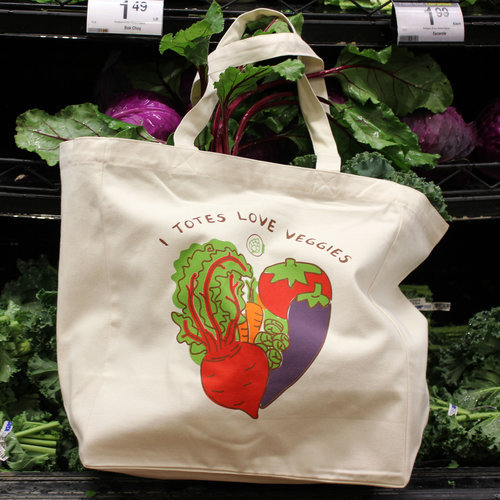
Reusable “Ziplock” Bags- Perfect for freezing fruit in the freezer, putting certain things in the fridge, taking snacks to school, and for storing your other perishable items! Another plus to these- They’re cheap as hell most of the time!

Metal or Steel Water Bottles- Pretty much everyone has these in their cabinets. There is no reason for all the plastic bottle that are being thrown away everyday, when the Reusable Water Bottles will keep your drink cold/hot for hours at a time, where as plastic will keep your drink cold for a good 1-2 hours? Cut down on all the plastic making it’s way out into the landfills!
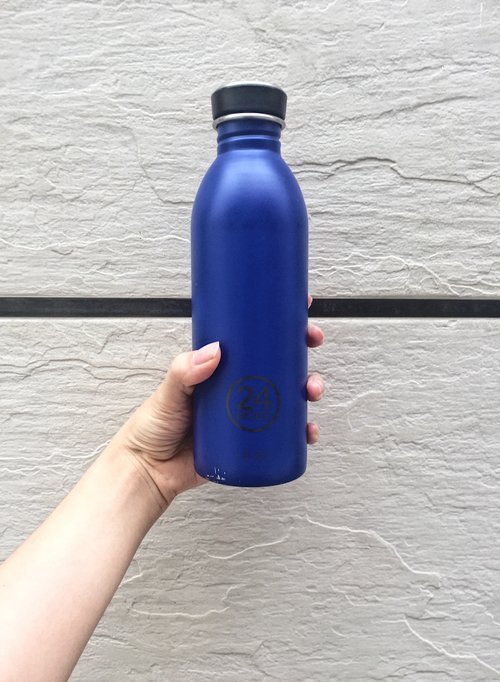
BUYING THINGS IN BULK!!!- This has to be a favorite within the zero-waste community! When you buy things, such as almond butter, pasta sauce, or anything in a glass jar..keep the jar!! You can bring your jars to most health foods stores or most any grocery stores in general and you can buy your items in bulk! None of all that extra waste! Just what you plan on using!

Bento Boxes/ Non-Plastic Lunch Box- These are a one time investment also! There is absolutely no reason that you should be eating out of PLASTIC containers that you will eventually throw away, these are so much more easier to clean than plastic is, and it is much better for the environment.

Portable Silver Ware!- There is not a lot to say about this one. Ditch the plastic forks and spoons, instead, take these!

Hope you enjoyed my Zero-Waste Master Post :) I personally love all of these items, they have made such a difference with my life and how conscious I am of how I consume.

